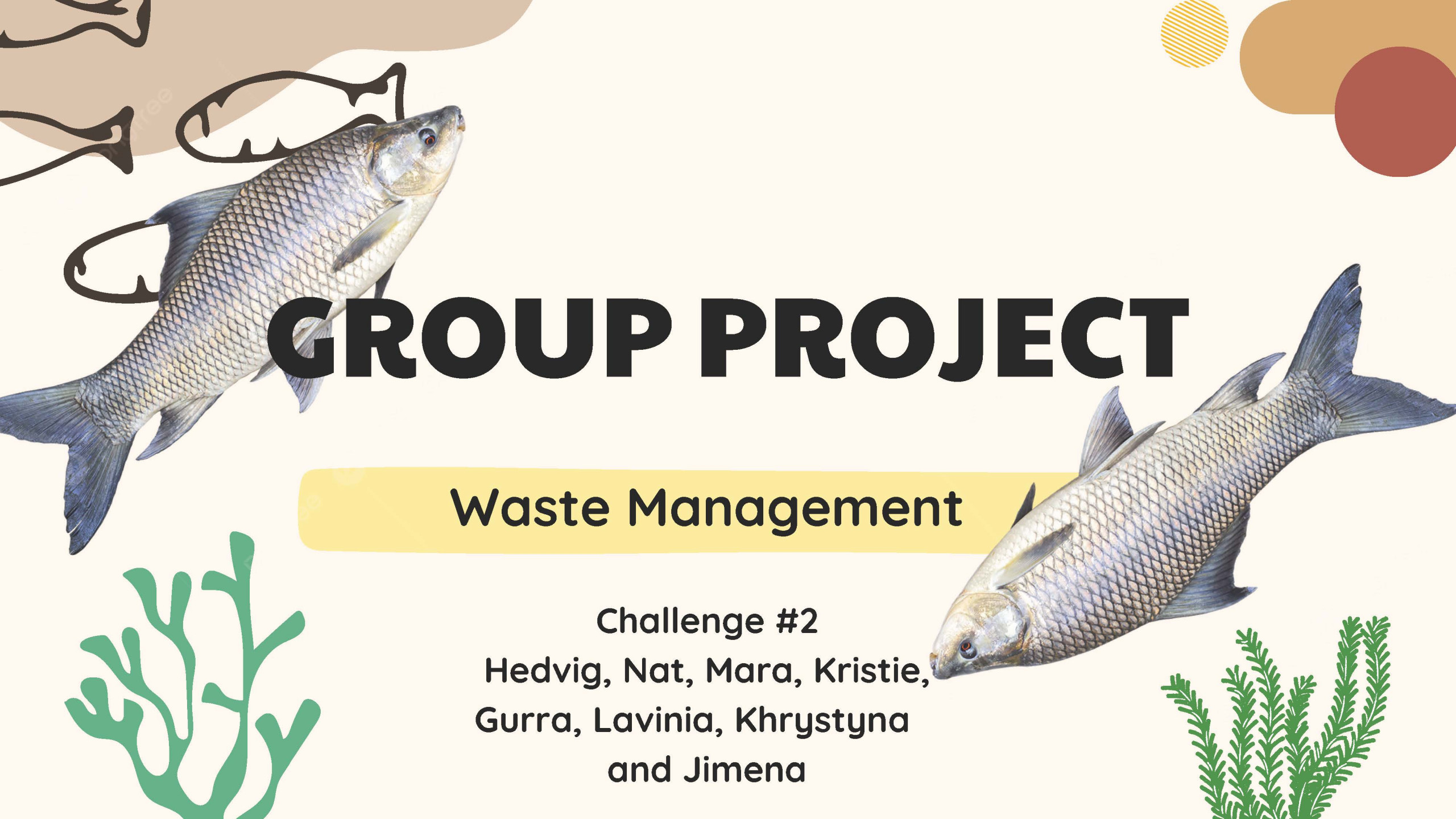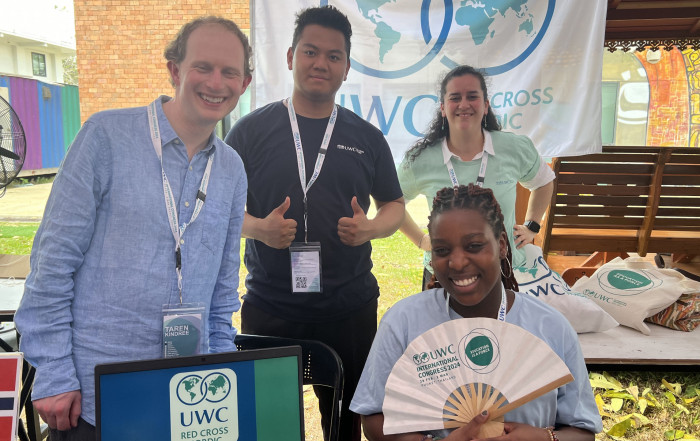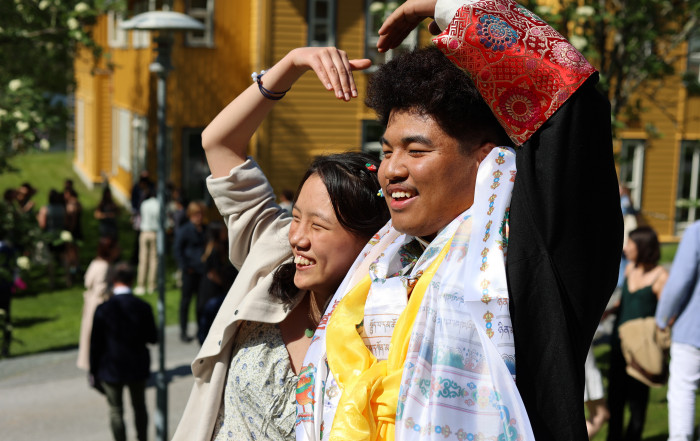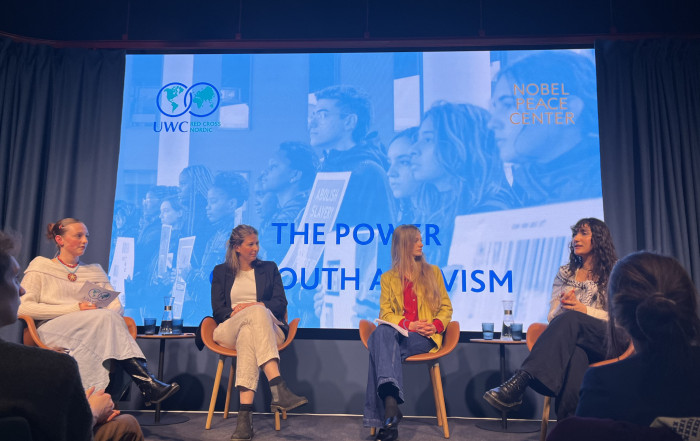This month, our Class of 2024 carried out their Group 4 projects. The Group 4 project is a highlight of the IB Diploma Programme because of four key features:
It involves science, which means developing skills in reviewing the literature, asking good questions, forming hypotheses, considering ethics, making observations, modeling, simulating and/or experimenting, evaluating and presenting. Collaboration is essential, from understanding the requirements to writing up. There is a clear opportunity to harness different elements of the IB Learner Profile: Communicators, Open-minded, Caring, Risk-takers, Balanced and Reflective. It is uniquely ‘zero stakes’. By simply turning up and participating for the required 10 hours, students complete this essential part of the IB Diploma.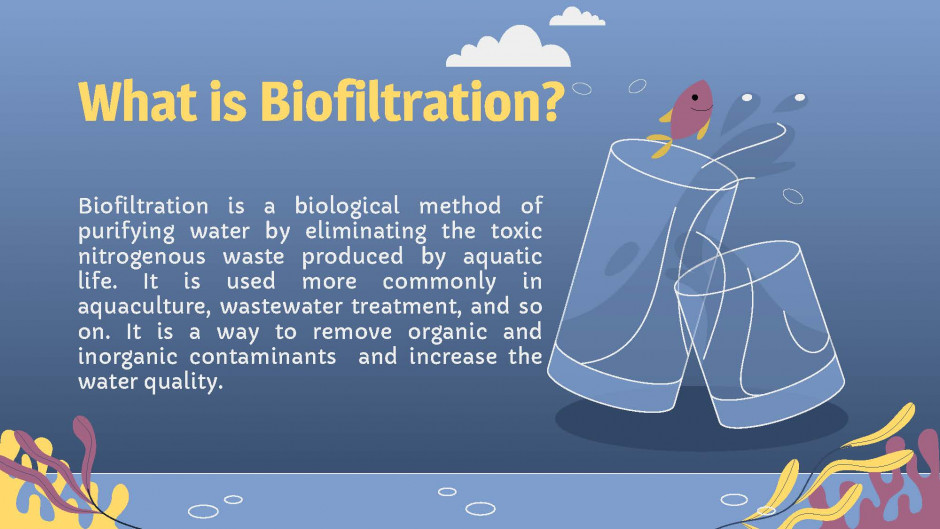
With founding teacher Chris Hamper taking a backseat after supporting this initiative for decades, Academic Programme Leader and Physics teacher Emma had the opportunity to rethink our approach, especially as the “Group 4 project” becomes the “Collaborative Sciences project” next year:
How could we move towards all students getting involved (perhaps even those with Environmental Systems and Societies as their only ‘Group 4’)?
What might work in November (a date that coincides with work experience for DP1-aged students across Norway, making it easier to have our DP2 students off-timetable)?
And how could we involve a wider pool of teachers, without requiring non-scientists to supervise risky experiments?
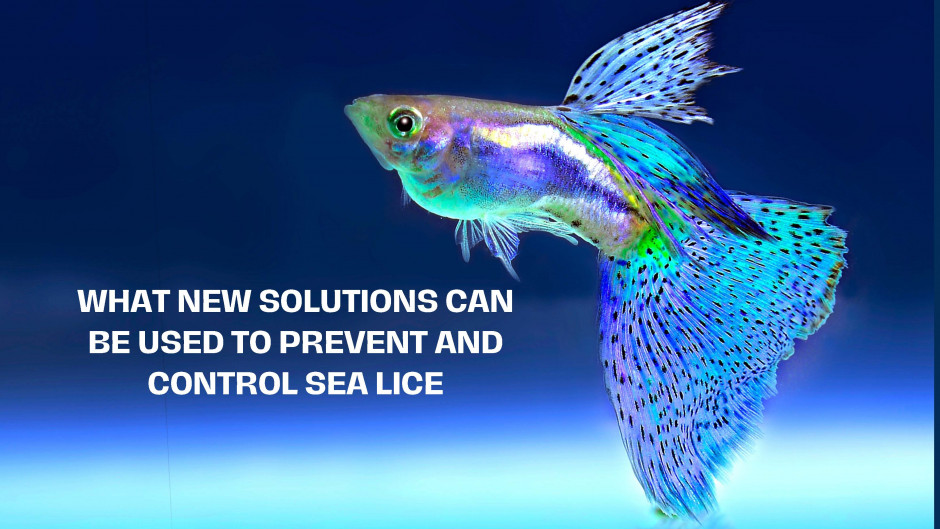 The answer to all of these questions came through a meeting with a local Research & Development organisation called Akvahub, which has always been a friend of the College. Akvahub exists to help aquaculture and other agriculture businesses within our region become more sustainable. The Group 4 Project asks students to collaborate in search of solutions. And, of course, we are a Nordic college with students from 80 nationalities. In short: the perfect partnership. Akvahub’s role was to generate a context brief for us: a ‘state of the nation’ report on the challenges faced by farmers. They put together six real-world challenges with entry-level information about opportunities and constraints. Our students provided the brainpower, working together with diverse and creative perspectives to propose responses to the challenge they have been allocated.
The answer to all of these questions came through a meeting with a local Research & Development organisation called Akvahub, which has always been a friend of the College. Akvahub exists to help aquaculture and other agriculture businesses within our region become more sustainable. The Group 4 Project asks students to collaborate in search of solutions. And, of course, we are a Nordic college with students from 80 nationalities. In short: the perfect partnership. Akvahub’s role was to generate a context brief for us: a ‘state of the nation’ report on the challenges faced by farmers. They put together six real-world challenges with entry-level information about opportunities and constraints. Our students provided the brainpower, working together with diverse and creative perspectives to propose responses to the challenge they have been allocated.
The challenges were:
– Maintaining excellent water quality and sustainable waste management
– Energy, cost and effectiveness of sludge collection
– Operating closed-containment aquaculture systems
– Disease outbreaks
– Selecting suitable sites for seaweed farming
– Scaling up seaweed cultivation
After a launch event, students worked in interdisciplinary teams on allocated tasks and had access to Akvahub representatives by email for any real-world questions. And, with our students never ceasing to amaze, we had our presentations just one week later – with an audience including a judging panel from Akvahub and Bue Salmon and students and teachers from across the college (not just the scientists!).
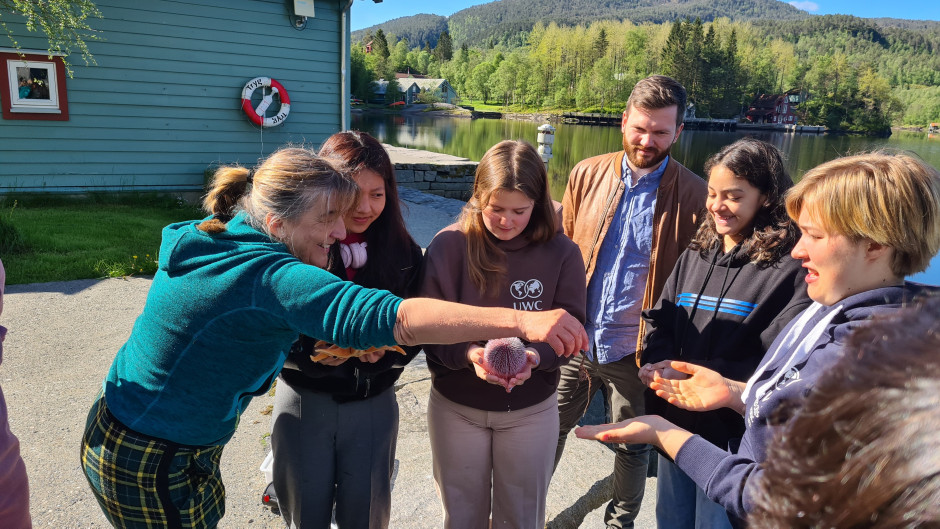
Trygve Hallberg at the sea tank of RCN, with Jelena Belamaric, former Teacher of Biology and students
Our judges were hugely impressed by the quality of the work on show. Trygve Halberg, the Daily Leader of Akvahub shared his thoughts about the G4 project:
“We really enjoyed the collaboration and are looking forward to continuing collaborating in the future. Solving current and future issues of food security, sustainability, energy and responsible and effective land area management is important for the whole world, and we believe that cross-border collaboration on business development, science and regulation is essential to solve these challenges.
The areas we chose were issues related to Norwegian aquaculture, but were also largely applicable to the whole world as the goals and problems are largely the same. The great thing about science is that it is universal, and thus a great tool for collaboration.
We hope that the future engaged citizens, business developers, researchers, politicians, and authorities around the world can benefit from learning and trying to solve our challenges here in Norway, and that we, in turn, can learn from what is happening in the rest of the world now and in the future. We believe projects like this could be a seed for future collaborations between countries, which is uplifting in a time of conflict and disagreement. These are complicated topics, that many only delve into at the university level, but that doesn’t seem to be an issue for your students!
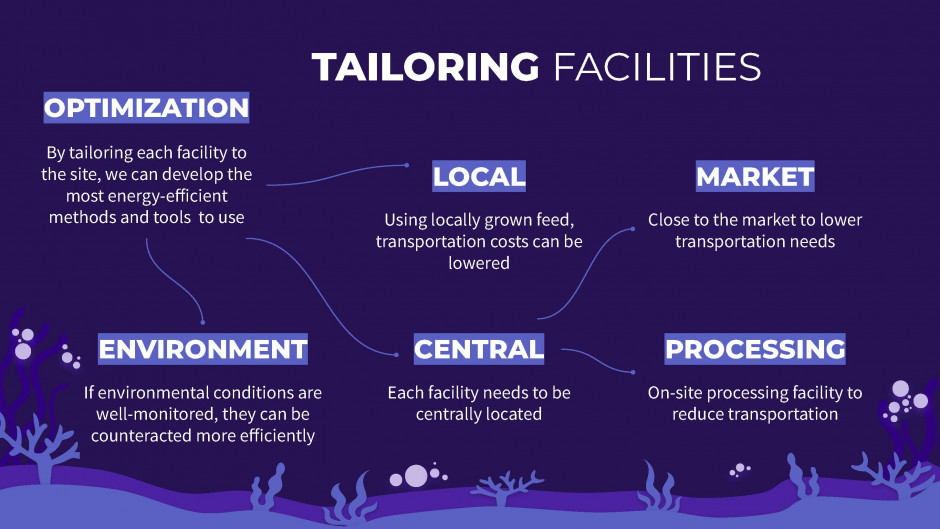
We were really impressed with the level of all of the teams’ presentations, and so it is not easy to point out a single contribution. All participating students can be proud of their work. One presentation stood out in that it combined finding many solutions to the problem, with very clear and “straight to the point” communication. Group 9, that worked on the ‘Energy use and effective use of energy‘ case, showed an understanding of the problems and solutions, and the underlying aspects like physics etc. which gave their arguments solid grounding. They pointed out the importance of tailoring the solutions to the farm and its surroundings, which is also an important aspect.
In short, our rekindled partnership has been a hit with our students and staff. Sometimes, international-mindedness starts just 45 minutes away! Congrats, and we look forward to the next project together with RCN!”
Please read the winning presentation written by Andrea Marcelo, Enni Huttunen, Frida Knudsen-Kvernevik, Noah Flarup, Petra Poór, Sheryl Xue, Tempa Dorji.
Latest News
UWC International Congress 2024
Education as a Force The 2024 UWC International Congress, held from 29 February to 2 March, marked a significant milestone in the history of our movement. This Congress, which was a culmination of [...]
Graduation 2024
Dear Graduates, Your time at RCN has left a lasting mark on our community, weaving your unique stories into the very fabric of our school. Your classmates, roommates, friends, and teachers helped you become [...]
UWC Red Cross Nordic collaborating with the Nobel Peace Centre
On Wednesday 3rd April 7 of our students visited the Nobel Peace Centre in Oslo for an action packed day of workshops that culminated in a panel discussion. Amalia (Norway), Asta (Denmark), Maya [...]

